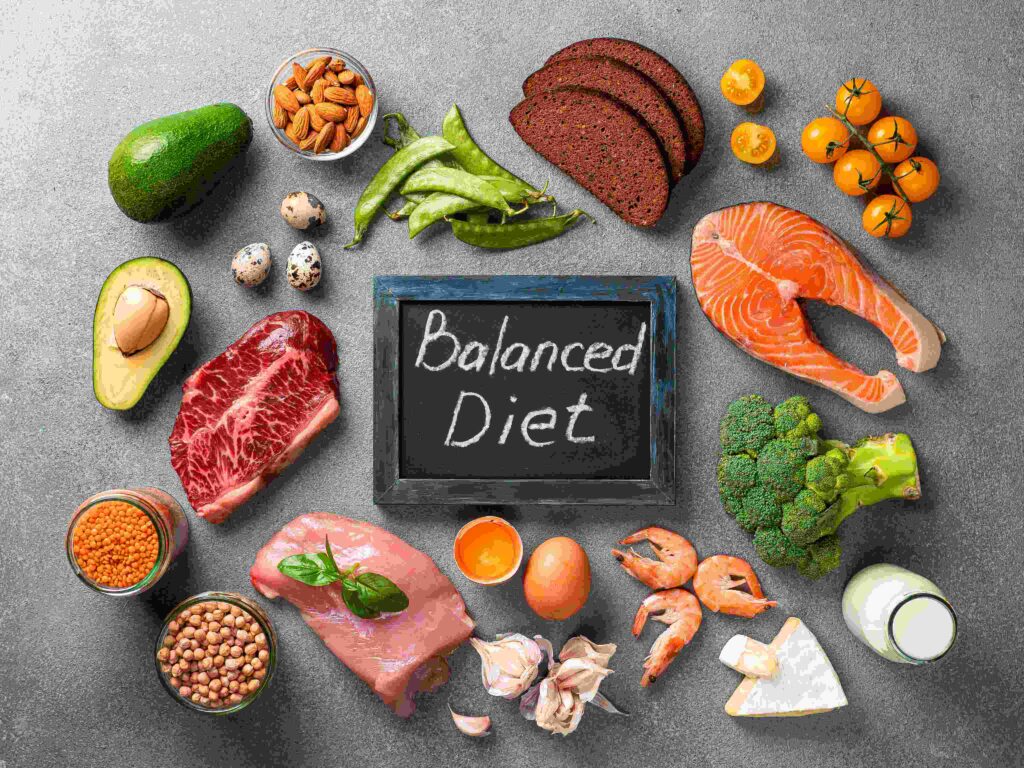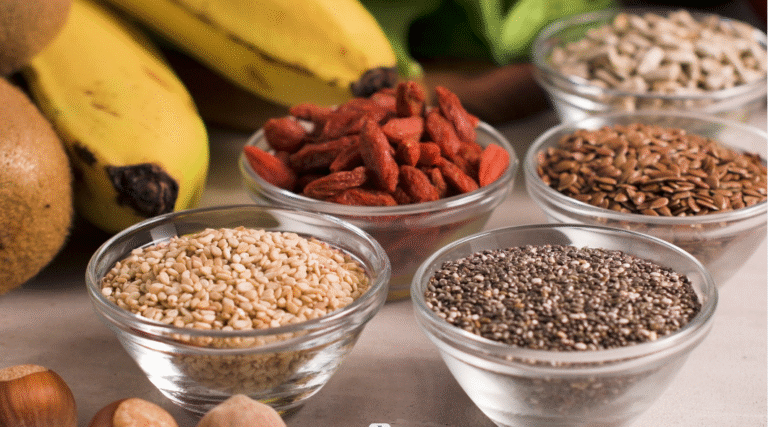Top 10 Healthy Eating Habits to Boost Energy and Wellness

In today’s fast-paced world, maintaining a healthy diet can be challenging. With an abundance of processed foods, irregular meal schedules, and increasing stress levels, it is easy to fall into poor eating habits. However, adopting healthy eating habits not only supports physical well-being but also improves mental health, energy levels, and longevity. This article explores the top 10 healthy eating habits that can lead to a balanced and nourishing lifestyle.
1. Eat a Balanced Diet
A balanced diet is the foundation of good nutrition and overall health. It involves consuming appropriate proportions of the five essential food groups: fruits, vegetables, whole grains, protein sources, and dairy (or dairy alternatives).

Why It Matters:
A balanced diet ensures your body receives essential nutrients, vitamins, and minerals that support body functions, boost immunity, and prevent chronic diseases.
Tips to Implement:
- Fill half your plate with fruits and vegetables.
- Choose whole grains over refined grains.
- Incorporate a variety of lean protein sources like fish, poultry, legumes, and nuts.
- Include healthy fats such as avocados, olive oil, and seeds.
2. Practice Portion Control
Even healthy foods can contribute to weight gain if eaten in large quantities. Portion control helps regulate calorie intake and prevents overeating.

Why It Matters:
Maintaining portion sizes helps you stay within your daily caloric needs and avoid excess weight gain, which can lead to conditions like diabetes and heart disease.
Tips to Implement:
- Use smaller plates to visually reduce portion sizes.
- Read food labels to understand serving sizes.
- Avoid eating directly from large containers or packages.
- Be mindful of restaurant portions, which are often oversized—consider sharing or boxing half for later.
3. Eat More Fruits and Vegetables
Fruits and vegetables are packed with essential nutrients, fiber, and antioxidants. Increasing your intake can significantly enhance your health.

Why It Matters:
They help reduce the risk of chronic diseases, aid digestion, and support weight management. The fiber in them also keeps you full longer, reducing unnecessary snacking.
Tips to Implement:
- Include a fruit or vegetable at every meal.
- Keep cut fruits and veggies in the fridge for easy snacking.
- Explore a variety of colors and types to get a broad spectrum of nutrients.
4. Stay Hydrated
Drinking enough water is crucial for nearly every bodily function, from digestion and temperature regulation to brain function and skin health.

Why It Matters:
Proper hydration helps curb unnecessary hunger, supports metabolism, and flushes out toxins.
Tips to Implement:
- Aim for 8–10 glasses of water daily (more if you’re active).
- Carry a reusable water bottle to stay hydrated throughout the day.
- Flavor your water naturally with lemon, cucumber, or mint if you dislike plain water.
5. Avoid Processed and Junk Foods
Processed foods often contain high levels of sugar, salt, unhealthy fats, and preservatives, which can negatively impact health over time.

Why It Matters:
Regular consumption of processed and fast foods is linked to obesity, heart disease, type 2 diabetes, and other health issues.
Tips to Implement:
- Cook more meals at home using fresh ingredients.
- Read nutrition labels to avoid high-sodium or high-sugar products.
- Limit consumption of sugary snacks, soda, and fast food.
6. Eat Mindfully
Mindful eating involves paying full attention to the experience of eating and being present in the moment, without distractions like TV or smartphones.

Why It Matters:
This practice promotes better digestion, prevents overeating, and helps you enjoy your food more.
Tips to Implement:
- Eat slowly and savor each bite.
- Avoid multitasking during meals.
- Listen to your body’s hunger and fullness cues.
- Reflect on your food choices and how they make you feel.
7. Don’t Skip Meals—Especially Breakfast
Skipping meals can disrupt metabolism, lead to fatigue, and cause overeating later in the day. Breakfast, in particular, sets the tone for your energy levels and concentration.

Why It Matters:
Regular meals maintain stable blood sugar levels and provide consistent energy. Breakfast helps kick-start your metabolism and can prevent unhealthy snacking.
Tips to Implement:
- Choose a protein-rich breakfast (e.g., eggs, yogurt, or nut butter on whole-grain toast).
- Prepare meals ahead of time if mornings are busy.
- Keep healthy grab-and-go options like smoothies or fruit and nut bars.
8. Limit Added Sugars and Salt
Excess sugar and sodium intake is linked to a range of health problems, including high blood pressure, obesity, and cardiovascular disease.

Why It Matters:
Reducing sugar and salt intake helps lower the risk of chronic diseases and improves heart health.
Tips to Implement:
- Avoid sugary drinks and opt for unsweetened alternatives.
- Season foods with herbs and spices instead of salt.
- Be cautious of hidden sugars in sauces, cereals, and packaged foods.
9. Plan Your Meals and Snacks
Planning your meals in advance encourages healthier choices, reduces reliance on fast food, and saves time and money.

Why It Matters:
Meal planning helps ensure nutritional balance, prevents impulsive eating, and allows for better portion control.
Tips to Implement:
- Set aside time each week to plan meals and grocery shop.
- Prep ingredients or cook meals in bulk to save time.
- Pack healthy snacks like fruits, nuts, or yogurt to avoid vending machine temptations.
10. Listen to Your Body
Tuning into your body’s signals is a powerful way to maintain a healthy diet and develop a positive relationship with food.

Why It Matters:
Your body naturally signals hunger, fullness, and cravings. Respecting these cues prevents overeating and emotional eating.
Tips to Implement:
- Eat when you’re hungry, not when you’re bored or stressed.
- Stop eating when you feel satisfied, not stuffed.
- Recognize emotional triggers and find non-food ways to cope, such as going for a walk or journaling.
The Holistic Approach to Healthy Eating
While each of these habits individually contributes to better health, the key lies in consistency and balance. It’s not about perfection but progress. Developing healthy eating habits is a journey, and small changes over time lead to sustainable improvements in health and well-being.
Things to Keep in Mind:
- Avoid fad diets or extreme restrictions—they’re often unsustainable and can be harmful.
- Give yourself grace for occasional indulgences. The goal is long-term balance, not deprivation.
- Celebrate your progress and focus on how better nutrition makes you feel, not just how it affects your appearance.
Conclusion
Healthy eating is not just about what you eat—it’s about how, when, and why you eat. The top 10 healthy eating habits outlined in this article offer practical steps to build a nutritious and balanced diet that supports long-term health. By incorporating these habits into your lifestyle gradually and consistently, you can improve your physical and mental health, boost your energy levels, and enjoy a more fulfilling life. Remember, it’s never too late to start making healthier choices.




